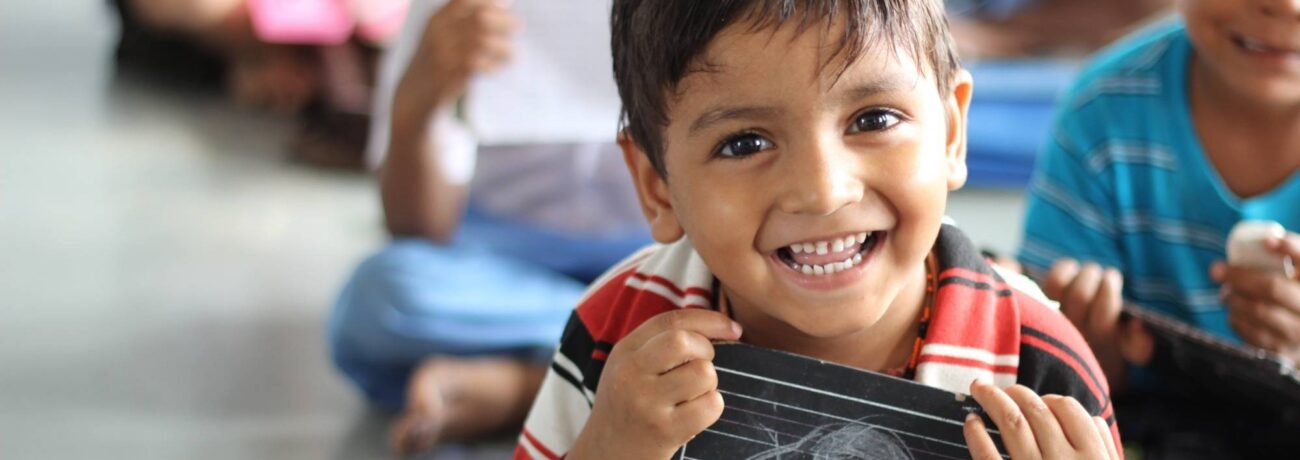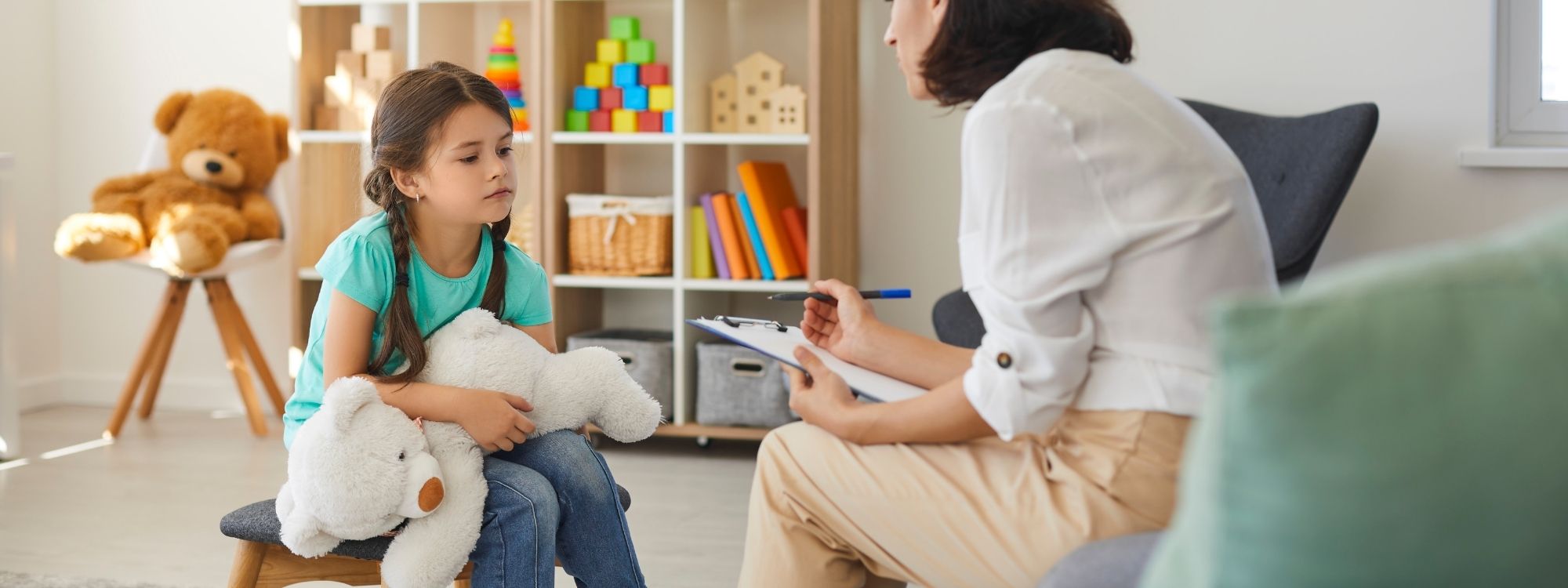Parents are often thrilled when their child demonstrates progress in their child’s ABA therapy sessions, whether learning new communication skills, social skills, or self-help abilities. But the real test of success is whether those acquired skills extend beyond the therapy room into everyday life. This is where generalization in ABA therapy becomes a crucial aspect of treatment.
Generalization refers to a child’s ability to apply acquired skills and learned skills across various settings, different instructors, and real-life situations. Without it, a child may only use a skill in one controlled environment, such as a therapy room, but fail to generalize the behavior to school or home. For example, a child might greet their ABA therapist but not say “hello” to peers at school or family members at home.
At Champions ABA, our in-home ABA therapy services in Connecticut, Massachusetts, and Colorado emphasize generalization by embedding therapy into natural environments. This approach ensures that a child’s progress leads to functional outcomes and meaningful progress in their daily routines. Contact Champions ABA today to schedule in-home ABA therapy and start building skills that last across every part of life.
What Is Generalization in ABA Therapy?
Generalization in ABA therapy is the generalization process by which a child applies newly acquired skills across different people, places, and situations. It is one of the most critical aspects of applied behavior analysis, ensuring that skills are not only learned in one context but transferred into the child’s everyday life.
For example, if a child learns to request water during therapy sessions, successful generalization would mean they can also make the same request at school, at home, or in a restaurant. This shows that the learned behavior has become flexible and functional.
ABA therapists promote generalization by using generalization strategies such as natural environment teaching (NET), which allows children to practice in real-world contexts. At Champions ABA, generalization is built into every step of the therapy process so children can build independence and apply their skills in natural environments.
Why Generalization Matters in ABA Therapy
If skills remain locked in the therapy environment, children may not achieve true independence. Generalization ensures that positive behavior changes extend into different contexts and across multiple instructors. This makes therapy outcomes more practical and lasting.
Consider these examples:
- A child practices turn-taking during structured sessions, then uses the same skills with siblings at home.
- A child learns to ask for help from their therapist, then generalizes that skill by requesting support from teachers in the classroom.
- A child builds self-monitoring strategies in therapy and then uses them independently when completing homework.
By reinforcing generalized behaviors, generalization leads to long-term success and prepares children to practice skills for life outside therapy. Families in Connecticut, Massachusetts, and Colorado benefit from Champions ABA’s in-home programs, which provide opportunities for skill practice in the places where children naturally interact.
Types of Generalization in ABA Therapy
ABA therapy recognizes several forms of generalization, each contributing to lasting results.
Stimulus Generalization
Stimulus generalization occurs when a child demonstrates a skill across different but similar stimuli. For example, a child who learns to identify a picture of a dog during therapy also labels a dog at the park or in a book.
Response Generalization
Response generalization refers to using different but similar responses to achieve the same function. For instance, a child might wave, nod, or say “hello” when greeting someone; all are acceptable generalized behaviors that reflect flexibility.
Maintenance of Skills
Skill maintenance ensures that a child can use newly acquired skills over time without needing constant reinforcement. For example, a child who learns hand-washing routines continues to wash their hands months later across various contexts.
| Type of Generalization | Definition | Example |
|---|---|---|
| Stimulus Generalization | Applying skills across different people, objects, or environments | Saying “dog” when seeing different breeds or images |
| Response Generalization | Using different but similar responses to achieve the same outcome | Greeting with “hi,” waving, or smiling |
| Maintenance of Skills | Retaining and using skills over time | Continuing to brush teeth daily without reminders |
Common Strategies to Promote Generalization
ABA therapists use generalization strategies to ensure skills are applied outside structured therapy sessions. These methods promote consistency and help children thrive in natural environments.
Some widely used strategies include:
- Varying settings and materials – Practicing with multiple toys, in different rooms, or during community outings.
- Incorporating multiple instructors – Allowing the child to work with therapists, parents, teachers, and siblings.
- Positive reinforcement – Using praise or rewards in real-life situations to strengthen newly acquired skills.
- Teaching self-monitoring – Helping children track their own behaviors to reinforce independence.
- Embedding learning in routines – Encouraging skill use during meals, chores, or playtime.
For example, a child might practice communication skills during therapy sessions but also be encouraged to generalize those same skills while grocery shopping with a parent. Champions ABA’s in-home ABA therapy approach makes it easy to integrate skills directly into a child’s daily routine.
Challenges with Generalization in ABA
Not all children generalize skills easily. Some may excel in one context but struggle in another due to anxiety, sensory sensitivities, or dependence on specific teaching methods. A child may perform well in a therapy session but resist applying the same skills in a noisy school environment.
Common barriers include:
- Difficulty adjusting to different environments
- Inconsistent reinforcement across home and school
- Reliance on one teaching environment or instructor
- Challenges with transitions or changes in routine
Champions ABA addresses these challenges by customizing ABA programs that include multiple contexts and consistent caregiver involvement. This ensures that skills generalize successfully, leading to meaningful progress and long-term positive outcomes.
The Role of Parents in Supporting Generalization
Parents play a critical role in promoting generalization by reinforcing skills across contexts. Without consistent support at home, children may not carry skills beyond structured therapy settings.
Parents can support generalization by:
- Prompting greetings when visitors arrive at home
- Encouraging communication skills during errands or playdates
- Reinforcing positive behaviors with praise and natural rewards
- Modeling social interactions and problem-solving strategies
Champions ABA offers parent training programs that equip families with strategies for reinforcing learned behaviors through effective teaching methods. In Connecticut, Massachusetts, and Colorado, parents are active partners in their child’s therapy process, generalizing a collaborative effort.
Why Champions ABA Focuses on Generalization
At Champions ABA, we recognize that generalization is a critical aspect of applied behavior analysis and ABA therapy programs. Our in-home therapy model naturally promotes generalization because children practice skills where they live, play, and interact. By involving parents, siblings, and multiple instructors, we create a consistent support network that reinforces skills across contexts.
This whole-child approach ensures that skills learned during ABA therapy sessions become generalized behaviors that support independence, school success, and community participation. Families choose Champions ABA because our programs are built for meaningful progress, not just therapy room success.
Conclusion
Generalization in ABA therapy ensures that children don’t just learn skills; they use them in real-life situations through teaching self-monitoring techniques. From communication skills and social interaction to self-help abilities, generalization allows newly acquired skills to become meaningful and lasting. With strategies like natural environment teaching, multiple instructors, and consistent reinforcement, ABA therapists generalize a critical aspect of therapy success.
At Champions ABA, we design ABA therapy programs that prioritize generalization, ensuring your child can apply learned skills across home, school, and community settings. With expert therapists and a compassionate, family-centered approach, we help children in Connecticut, Massachusetts, and Colorado achieve meaningful progress that lasts beyond therapy sessions. Contact Champions ABA today to schedule in-home ABA therapy and take the next step toward independence and long-term success for your child.
FAQs
What is an example of generalization in ABA?
An example is when a child learns to request help during therapy sessions and later asks for help at school or home, applying what they learned with different stimuli . This shows the ability to apply learned skills across contexts.
What is generalization in autism?
Generalization in autism refers to the ability of autistic individuals to transfer newly acquired skills into real-life situations. It ensures functional outcomes rather than isolated skills.
What are the three types of generalization?
The three types are stimulus generalization, response generalization, and maintenance of skills. Each plays a crucial role in promoting independence and long-term success.
What are the three domains of generalization in ABA?
The three domains are across people, settings, and behaviors. A child demonstrates successful generalization when they apply targeted skills with new people, in different settings, and using varied but functional responses.


